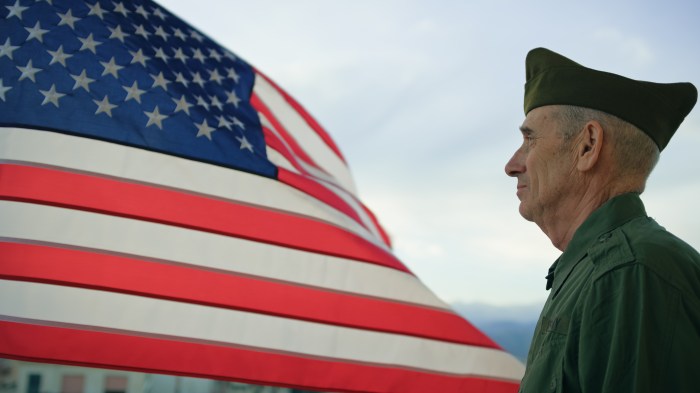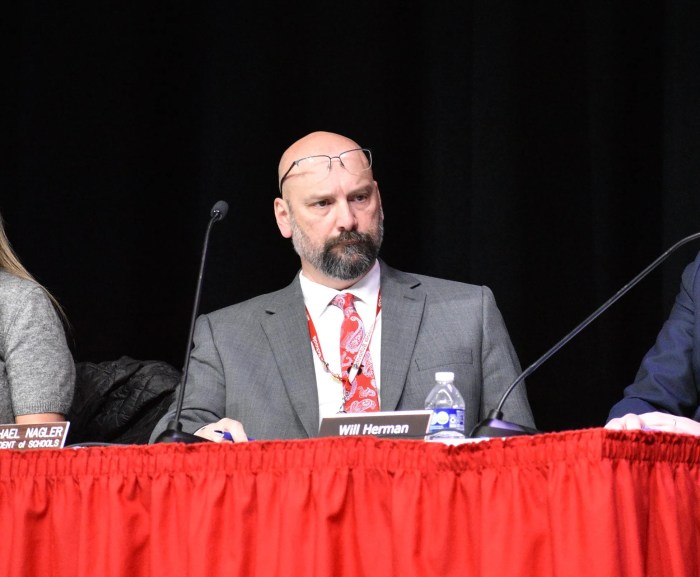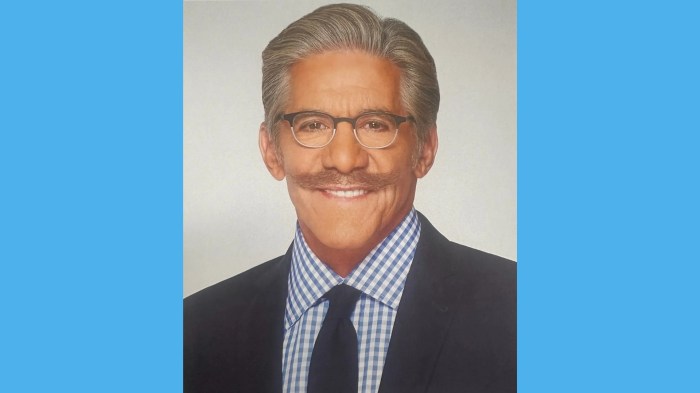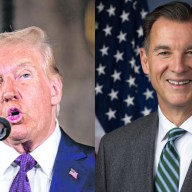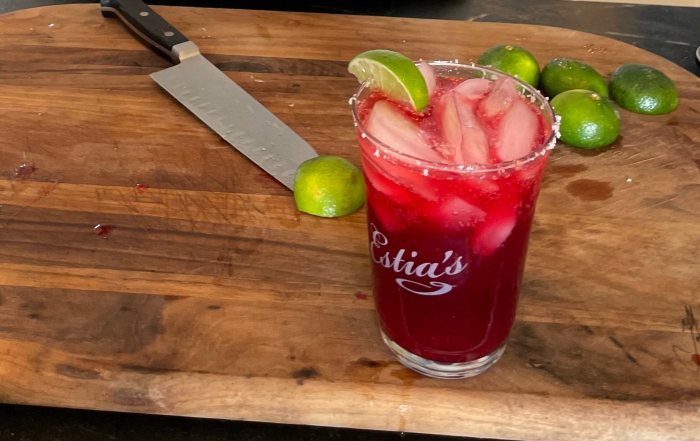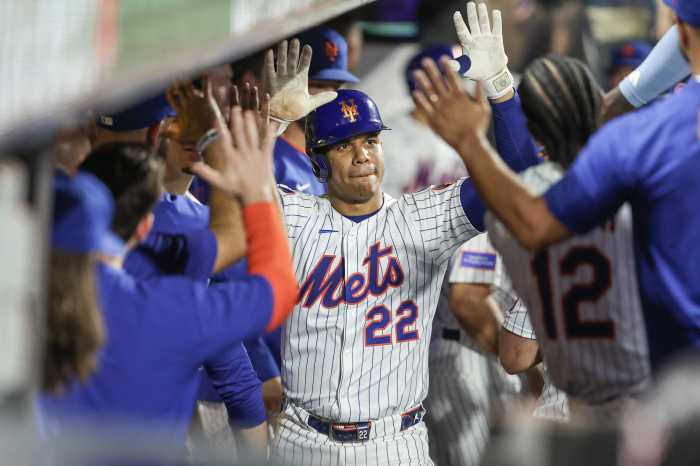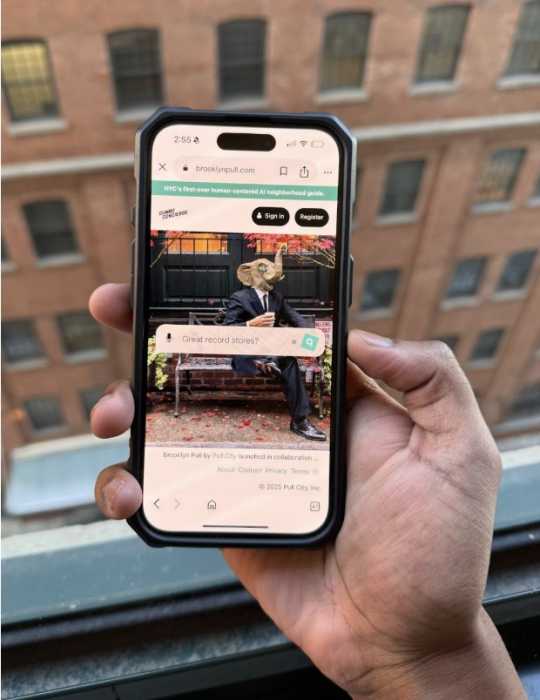What sets us apart from other nations is our so-called Rule of Law. We are a nation with a Constitution that has carried us for more than 200 years. But what happens when our system of laws breaks down? The right of peaceful protest may then evolve into a violent insurrection, anarchy and an overthrow of government. As a nation we need to look no further than our own history to realize that we are in the throes of an extreme upheaval that has already taken us perilously close to an uncertain, radical change in government where the polarization between the races has now evolved into an armed conflict which can either be dismissed as the by-product of mental illness and terrorism or indicative of a more fundamental problem. This is what we are seeing in Dallas and elsewhere, a larger problem than what first meets the eye.
There is an irony in what we are seeing; peaceful and violent protests coming as they have, soon after our Independence Day where our forefathers in their Declaration expressed a duty on the part of all of us to rise up against oppression. When a government ignores grievances and peaceful protests, it is inevitable that violence will escalate.
It is this so-called “racial divide” that brought us the Civil War and it is also at the core of much of the contemporary violence not quelled by the killing of five police officers, because however heinous those acts were, “Black Lives Matter” is still an overriding issue fueled by corresponding police-perpetrated violence and the pandering rhetoric of one presidential candidate causing a Justice of the Supreme Court to unleash sharp, albeit unprecedented criticism of him. All of these factors and more tell us that we are in a special time where the role of government is being questioned.
An undeclared war in Vietnam and the Civil Rights Movement brought millions to Washington, culminating in our withdrawal from that venue; Watergate; the impeachment of Nixon and his resignation from office. Had the Congress not acted, many historians believe that a revolution might have occurred.
Following the assassinations of Dr. Martin Luther King, Jr. and Robert Kennedy in 1968, riots erupted in our cities. Two years later when students were killed at Kent State and Jackson State Universities, we saw a backlash by militant groups such as the Black Panthers and the Weather Underground promoting a violent reaction, while private militia groups as successors to the Klu Klux Klan were calling themselves patriots but paranoically arming themselves to defend against radicals on the left. In the middle of these extremes was the Silent Majority.
Today we are witnessing a Congress unwilling to give the President’s nominee to the Supreme Court a hearing and vote, although it is provided in the Constitution that they should do so. It is the same Congress, with a Bible Belt mentality, that refuses to consider gun control; that wants to override Roe v. Wade; Miranda v. Arizona and uphold the death penalty. It is the same Congress that wants to repeal Obamacare although it has been approved by the Supreme Court and the same Congress that brought us costly, misguided investigations such as Whitewater; Travelgate and Ken Starr’s infamous Report. It is the same one that would now like to waste still more taxpayer money on an investigation of Hillary’s e-mails after both the F.B.I. and the Attorney General have decided not to prosecute because there was no intent to violate the law.
The failure of Congress to uphold the Rule of Law is rapidly leading to a revolution. We can stop that not by “Law and Order” rhetoric but by responsible discourse and acts by law enforcement that will stop unnecessary violence. If Abraham Lincoln could win the Civil War, then certainly we can win this one, but we must have a Congress that is willing to act by following the will of the people and our laws. We are not a “Nation of Laws,” if our own Congress cannot follow them.




